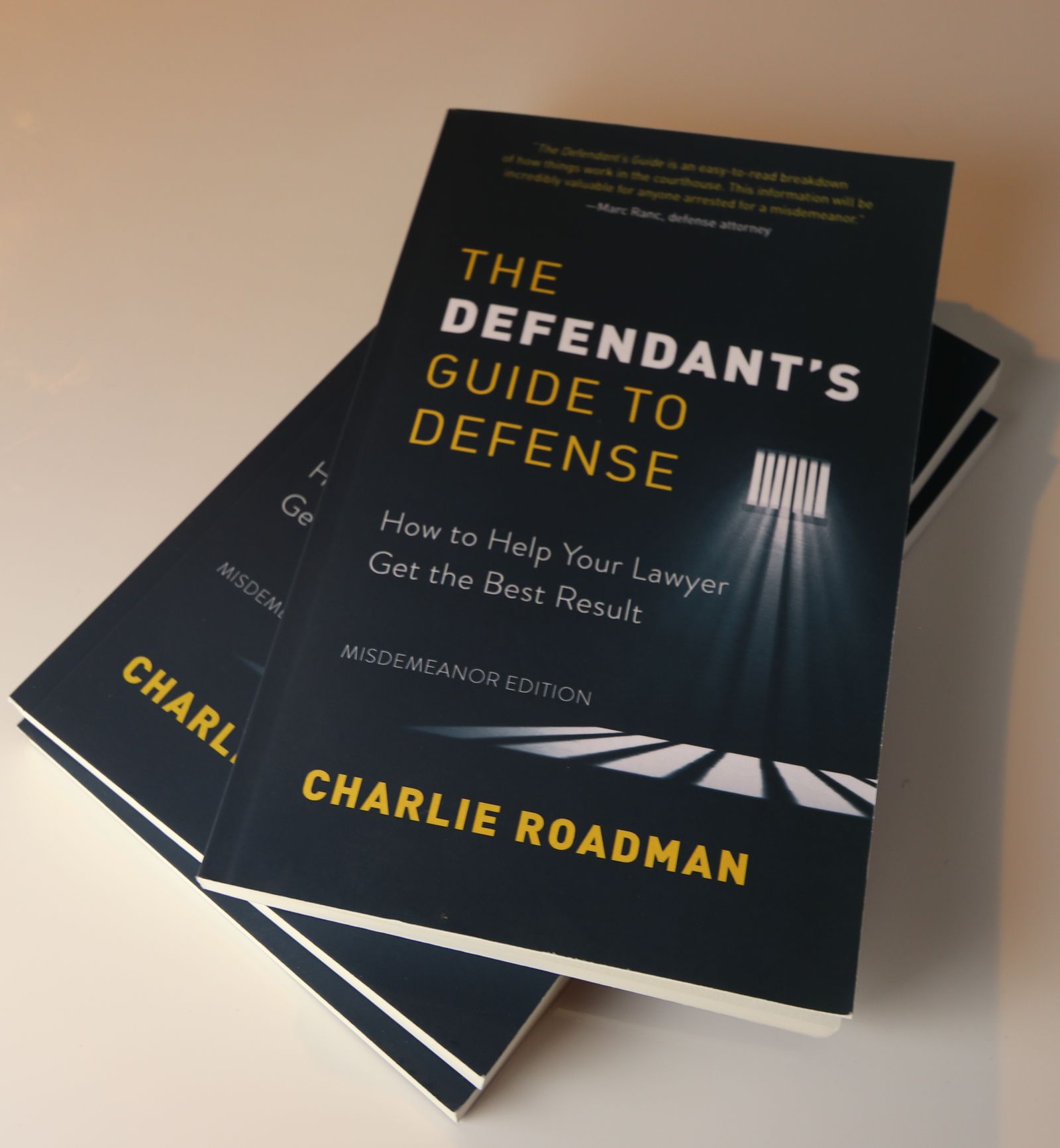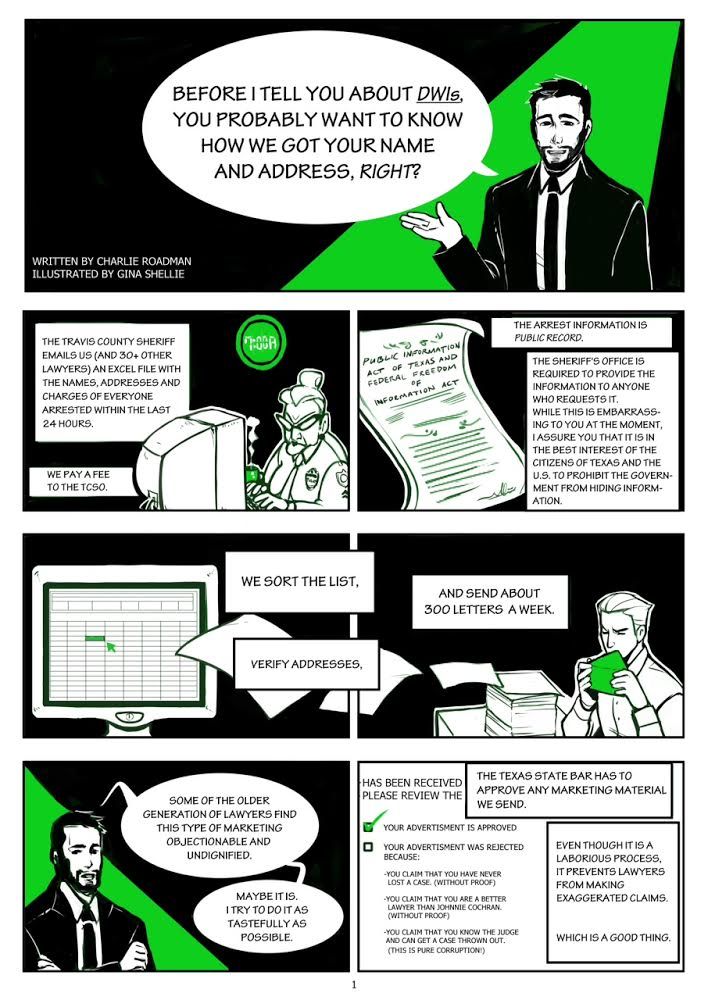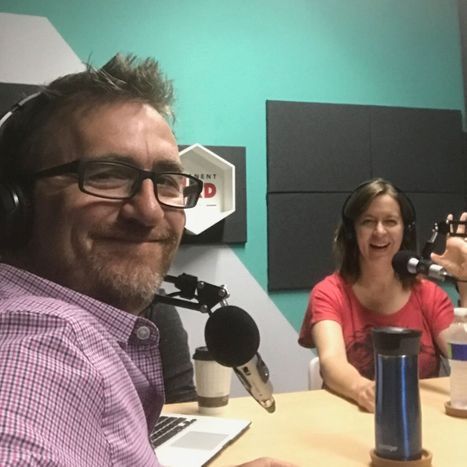Back Time on a DWI
Back Time on a DWI
Charlie explains what a "back-time" plea for a DWI means - you can plea no contest and your sentence will be the time you've already spent in jail, though other penalties like fines may still apply, and the severity of punishment increases with further offenses.
FAQs
Q: What is a back-time plea bargain in a DWI case?
A: A back-time plea bargain is an offer from prosecutors where the sentence for a DWI conviction is limited to the time already spent in jail, with no additional jail time required.
Q: What does pleading to back-time involve?
A: When you plead to back-time, you plead no contest to a DWI, and the judge sentences you only to the days you have already spent in Travis County Jail for that case.
Q: Are there any other consequences besides jail time with a back-time sentence?
A: Yes, even though there's no additional jail time, you may still face other penalties such as fines and license suspensions.
Q: What happens after you are sentenced to back-time?
A: After sentencing, they take your thumbprint, and then you are free to go home, with no probation required.
Q: What does it mean that DWIs are enhanceable offenses?
A: DWIs are enhanceable, which means the penalties increase with subsequent offenses. A first DWI is a lower-class misdemeanor, but a second offense can escalate to a Class A misdemeanor, and a third offense can become a felony.
Q: Why do prosecutors offer back-time pleas?
A: Prosecutors offer back-time pleas to avoid probation for the individual while still holding them accountable. This compromise allows the legal system to impose harsher penalties if the individual reoffends.



